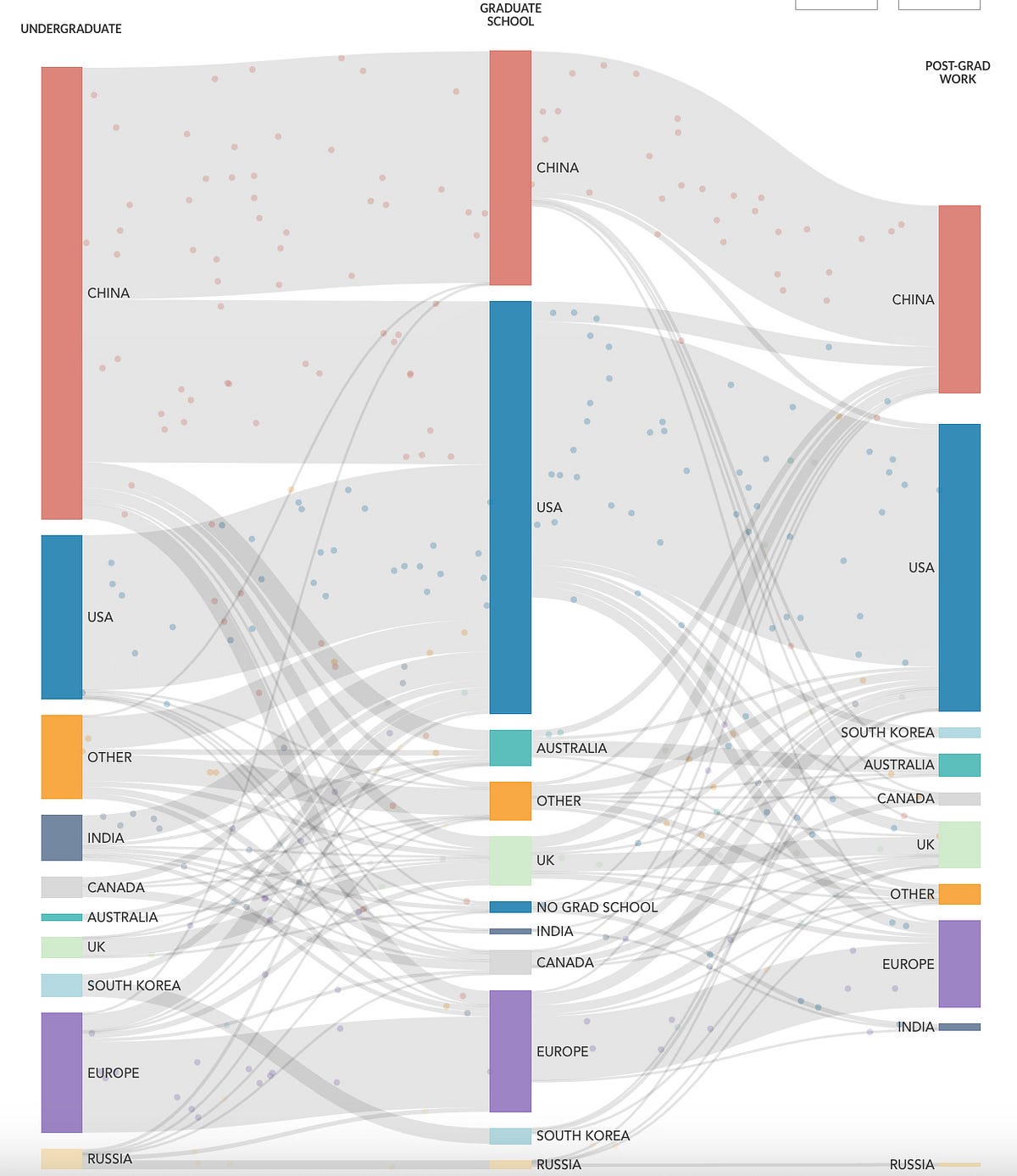🇨🇳 vs 🇺🇸 How China produces more AI talent than the US | YAROCELIS.eth – Technology Trends | Coins | April 2024
Ethical suspension of OpenAI amid breakthroughs and concerns over misuse
OpenAI has launched Voice Engine, an AI model that can generate synthetic speech from 15-second audio samples. Despite its technological breakthroughs, OpenAI has paused its widespread rollout, citing ethical concerns and potential for misuse.
Technologies that can produce persuasive speech replicas for a variety of useful applications, such as reading assistance, content translation, speech therapy, etc., carry significant risks. Instances of misuse, including phone fraud and unauthorized access to voice security accounts, highlight the risks associated with voice cloning.
This is not new, but the technology has become very sophisticated and its ubiquity makes it a global threat. In 2020, AI cloning of a UAE director’s voice led to a $35 million fraud involving international money transfers and 17 individuals. This case highlights the growing risk of deepfake technology in cybercrime, prompting investigation and calls for increased security measures. A recent audio deepfake of President Biden instructed voters not to vote in the New Hampshire primary. Last week, experts claimed that a Baltimore County school principal’s racist comments were fabricated using AI, highlighting the new dangers of deepfake technology that can damage a person’s reputation.
The argument for making AI technology open source, especially when it comes to tools like voice deepfakes, stems from the risk of misuse by malicious actors. Open source AI fosters innovation while also opening the door to potential fraud and security threats. To mitigate these risks, it is important to balance innovation with security measures and ethical considerations.
What are your thoughts?
Please leave a comment

